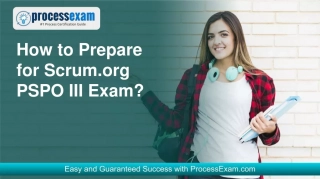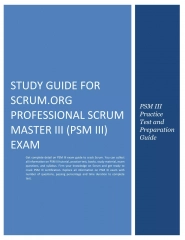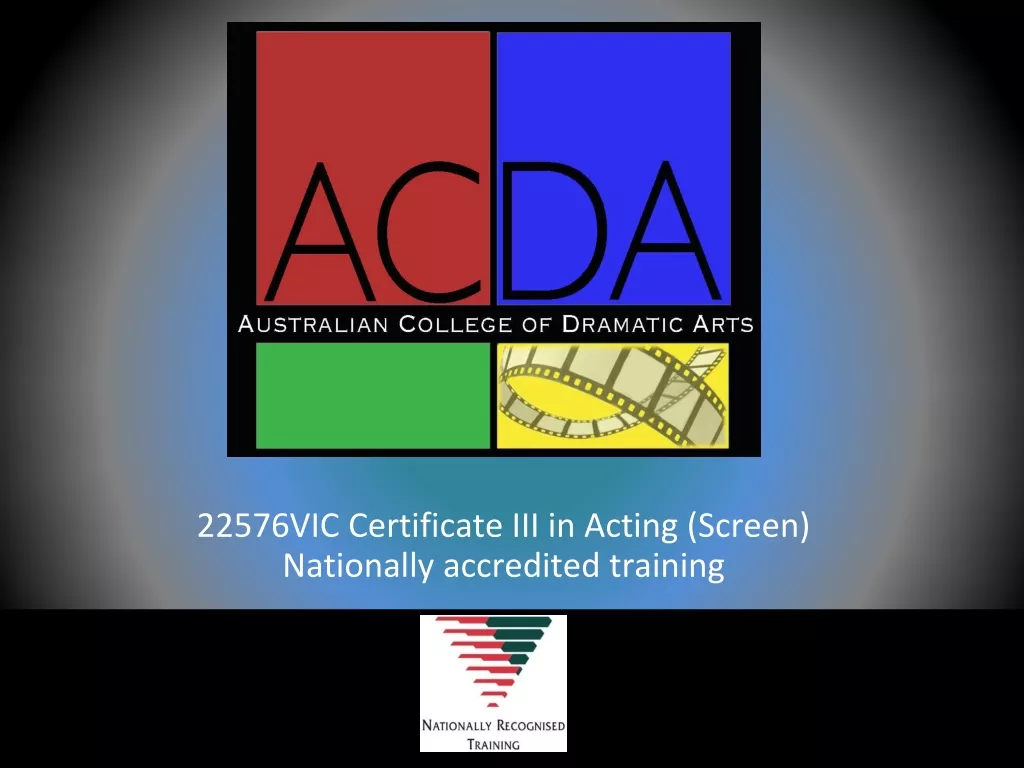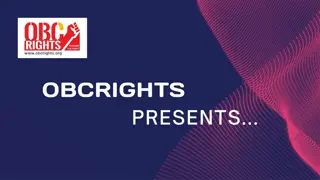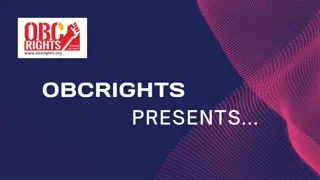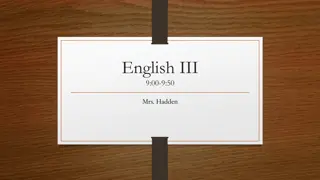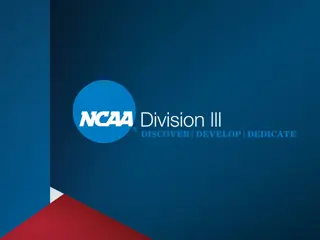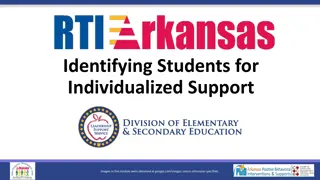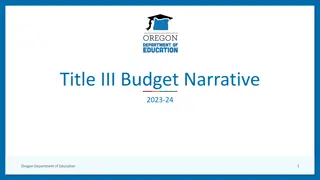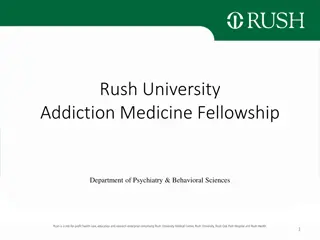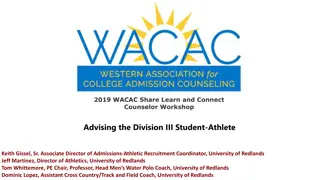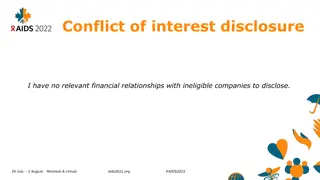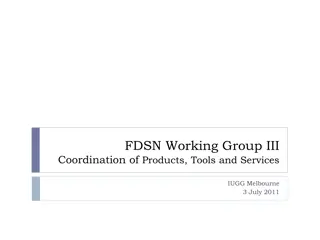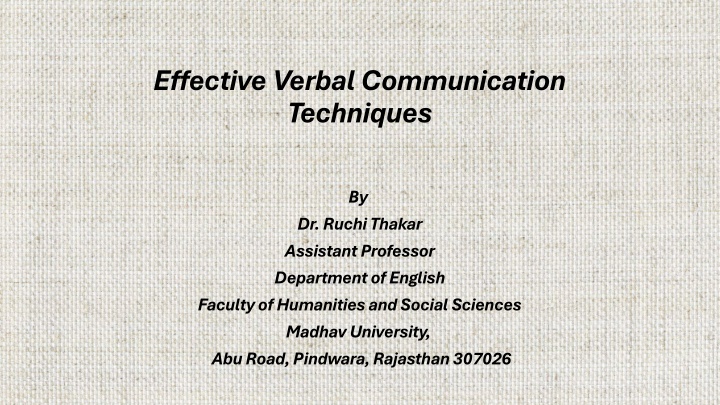
Mastering Verbal Communication Techniques for Effective Interaction
Enhance your verbal communication skills with techniques like clarity, active listening, empathy, tone modulation, nonverbal cues, and effective questioning. These strategies help in conveying messages clearly, understanding others, and building rapport in diverse social interactions.
Download Presentation

Please find below an Image/Link to download the presentation.
The content on the website is provided AS IS for your information and personal use only. It may not be sold, licensed, or shared on other websites without obtaining consent from the author. If you encounter any issues during the download, it is possible that the publisher has removed the file from their server.
You are allowed to download the files provided on this website for personal or commercial use, subject to the condition that they are used lawfully. All files are the property of their respective owners.
The content on the website is provided AS IS for your information and personal use only. It may not be sold, licensed, or shared on other websites without obtaining consent from the author.
E N D
Presentation Transcript
Effective Verbal Communication Techniques By Dr. Ruchi Thakar Assistant Professor Department of English Faculty of Humanities and Social Sciences Madhav University, Abu Road, Pindwara, Rajasthan 307026
Clarity and Conciseness Clarity and Conciseness Speak clearly and enunciate your words. Avoid using jargon or overly complex language. Keep your messages concise and to the point. Use simple and straightforward language that is easy to understand. Summarize key points for emphasis.
Active Listening Active Listening Give the speaker your full attention. Maintain eye contact and nod to show understanding. Avoid interrupting and allow the speaker to finish their thoughts. Paraphrase and reflect back what you've heard to confirm understanding. Ask clarifying questions to gather more information.
Empathy and Understanding Empathy and Understanding Show empathy and understanding towards others' perspectives. Validate their feelings and experiences. Avoid judgment and criticism. Use phrases like "I understand" or "I see where you're coming from." Demonstrate genuine interest in their thoughts and feelings.
Tone and Voice Modulation Tone and Voice Modulation Pay attention to your tone of voice and its impact on the message. Use a friendly and approachable tone to build rapport. Adjust your volume and pace to match the situation. Emphasize key points with variations in pitch and intonation. Practice speaking with confidence and conviction.
Nonverbal Communication Nonverbal Communication Pay attention to your body language and facial expressions. Maintain good posture and open gestures. Use appropriate hand gestures to emphasize points. Smile to convey warmth and friendliness. Be mindful of cultural differences in nonverbal cues.
Asking Effective Questions Asking Effective Questions Use open-ended questions to encourage discussion and exploration. Avoid leading questions that suggest a particular answer. Ask follow-up questions to delve deeper into a topic. Listen actively to responses and follow the speaker's cues. Use probing questions to uncover underlying issues or concerns.
Confidence and Assertiveness Confidence and Assertiveness Speak with confidence and conviction. Use assertive language to express your opinions and needs. Maintain good eye contact and a strong posture. Avoid apologizing excessively or using qualifiers. Practice assertive communication techniques in everyday interactions.
Feedback and Validation Feedback and Validation Provide constructive feedback that is specific and actionable. Focus on behaviors rather than personalities. Use the "sandwich" approach: start with positive feedback, provide constructive criticism, and end with positive reinforcement. Acknowledge others' contributions and ideas. Express appreciation and gratitude for their input.
Conclusion Conclusion Effective verbal communication is essential for building strong relationships, resolving conflicts, and achieving success in various aspects of life. By mastering these techniques, you can enhance your communication skills and create meaningful connections with others.
Contact Information Contact Information Email: ruchithakar@madhavuniversity.edu.in Email: ruchithakar@madhavuniversity.edu.in Thank you for your attention! Thank you for your attention! Have a great day! Have a great day!

